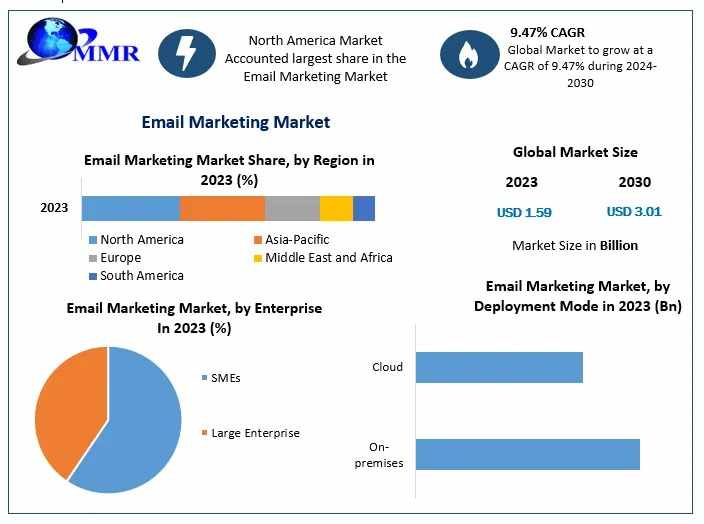
Healthcare Workforce Management Systems Market Overview
The healthcare workforce management systems market size is rapidly evolving, driven by the need to enhance operational efficiency, ensure compliance, and deliver patient-centric care. As healthcare providers continue to face challenges such as labor shortages, rising operational costs, and the complexity of managing large workforces, the adoption of smart workforce management solutions has become indispensable. Valued at the global healthcare workforce management systems market is projected to reach US$ 4.79 Bn., growing at a CAGR of 13.02% during the forecast period.
Regional Insights
North America holds the largest market share due to early technology adoption, robust healthcare infrastructure, and strong regulatory enforcement. However, the Asia-Pacific region is expected to witness the fastest growth, driven by expanding healthcare infrastructure, digital transformation, and increasing investments in hospital management systems.
Emerging Trends
AI and Predictive Analytics: These technologies enable accurate forecasting of workforce requirements based on patient flow, historical data, and seasonal variations.
Mobile Workforce Tools: Apps that allow staff to view schedules, request time off, or swap shifts improve transparency and engagement.
Integrated Platforms: Modern systems are increasingly integrated with electronic health records (EHRs), payroll, and human capital management systems for streamlined operations.
Challenges
Data Privacy and Security: Handling sensitive employee and patient data necessitates robust cybersecurity measures.
High Implementation Costs: Small and medium-sized healthcare providers may struggle with the initial investment.
Resistance to Change: Staff retraining and culture shifts can slow adoption, particularly in traditional institutions.
Why It Matters
A well-implemented healthcare workforce management system doesn't just improve internal processes—it directly impacts patient outcomes. From ensuring adequate nurse-to-patient ratios to reducing human errors in scheduling, these systems play a vital role in creating safe and efficient healthcare environments.
Key Players
Some of the prominent players in the healthcare workforce management systems market include Kronos Inc., Infor Inc., Oracle Corporation, GE Healthcare, McKesson Corporation, and SAP AG. These companies are continuously investing in innovation, offering AI-driven features, and expanding their service portfolios to meet the evolving needs of the healthcare sector.
Final Thoughts
As the global healthcare landscape becomes more dynamic and patient-centric, workforce management systems will remain a strategic investment. Organizations that embrace these tools early will not only improve their operational performance but also enhance the quality of care they deliver—positioning themselves for sustainable success in a competitive environment.


















Write a comment ...